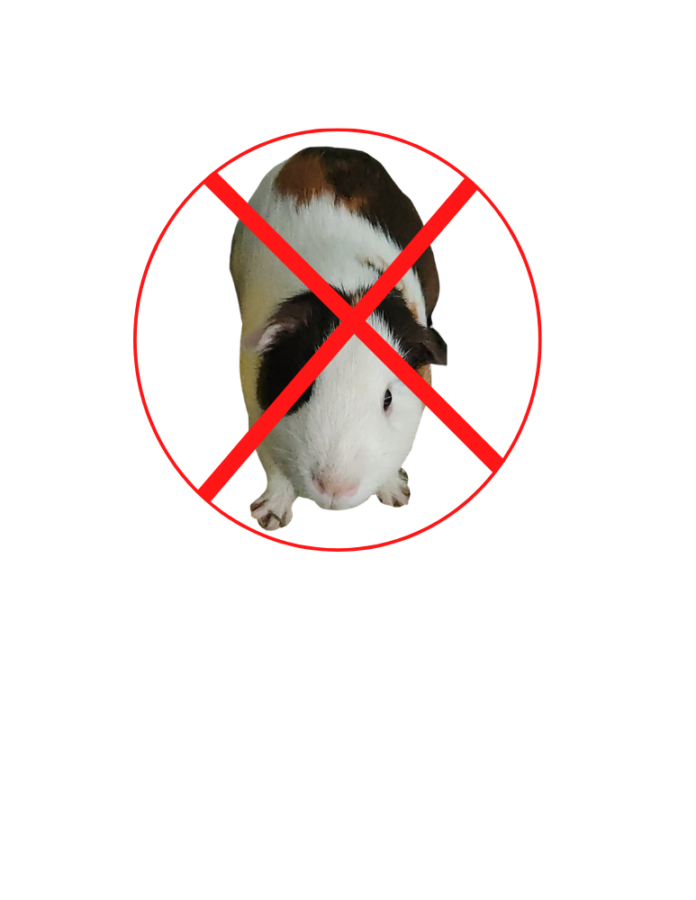Taboo Tobacco
New Zealand’s plan to ban tobacco
Photo provided by commons.wikimedia.org
A package of cigarettes from Auckland, NZ
In December 2021, New Zealand revealed its plan to help stop younger generations from smoking during their lifetime. With the goal of this law going into effect next year, New Zealand’s smoking age of 18 will begin to rise each year, ultimately leading to making it illegal for individuals born after 2008 to sell or buy tobacco products, all according to nbcnews.com.
New Zealand first announced this goal back in 2011. Since then, the prices of cigarettes have progressively increased. One pack of cigarettes in New Zealand costs $30, or about $20 in the U.S. This makes New Zealand have one of the most strict tobacco industries in the world, all according to nytimes.com.
The restrictions of this law are expected to roll out in stages. In 2024, there will be a reduction of authorized sellers, continuing into 2025, where nicotine requirements will be reduced. In 2027, the goal of a “smoke-free” generation would be achieved, according to reuters.com.
“We want to make sure young people never start smoking, so we will make it an offense to sell or supply smoked tobacco products to new cohorts of youth,” Dr. Ayesha Verrall, the country’s associate health minister, said in Parliament, according to nytimes.com. “People aged 14 when the law comes into effect will never be able to legally purchase tobacco.”
Currently, around 11.6% of people over the age of 15 smoke in New Zealand. This percentage increases among the Māori, who are the indigenous people of New Zealand, where around 29% of them smoke. Māori adults also are more likely to suffer from disease and death as smoking is considered a social pastime in their culture, according to pubmed.ncbi.nlm.nih.gov. The government plans on consulting a Māori health task force before putting the law officially into place with the hope of reducing its national smoking rate to 5% by 2025, according to nbcnews.com.
Countries including the United Kingdom, Canada and Sweden all have plans to bring down their smoking rates. However, while these goals have been introduced, New Zealand is the only country to have implemented a strategy and law. The government hopes that New Zealand will be a staple to inspire other countries, all according to reuters.com.
“Now that New Zealand has made that step, I expect many other countries are going to follow suit,” Janet Hoek, a professor from the University of Otago said, according to nytimes.com. “This will be something that begins in New Zealand but that really has global implications.”































